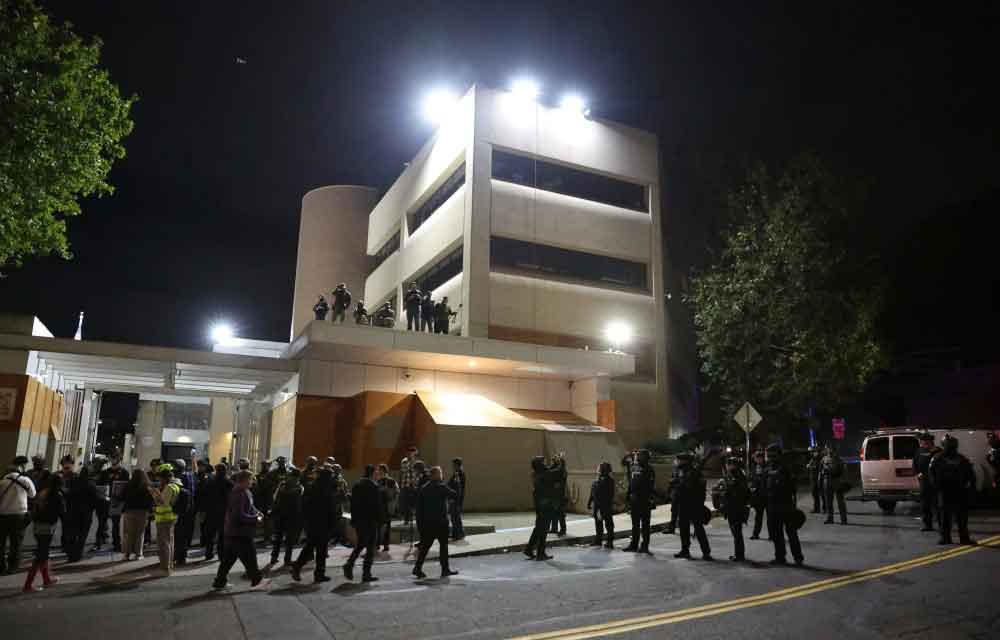Recent US Visa Fee Changes and Their Impact on NRIs

The United States has announced significant visa fee hikes that are hitting Non-Resident Indians (NRIs) particularly hard—especially those in the tech and professional sectors. Effective from late September and early October 2025, these changes aim to curb visa misuse and fund enforcement programs. However, they have also raised concerns about financial strain, reduced mobility, and economic ripple effects across India’s diaspora and economy.
Key Fee Increases
1. H-1B Visa Fee Hike
- A one-time fee of $100,000 now applies to all new H-1B petitions filed after September 21, 2025.
- This replaces the earlier, much lower fee structure.
- Existing visa holders and renewals are exempt.
- Initially announced as an annual charge, a White House clarification (September 20) confirmed it applies only to new applicants, with no immediate effect for 6–12 months due to the visa lottery cycle.
2. Visa Integrity Fee
- A new $250 “Visa Integrity Fee” is now mandatory for all non-immigrant visa categories—including B-1/B-2 (tourist/business), F/M (students), H-1B (work), and J (exchange) visas.
- Effective October 1, 2025.
- The fee is refundable for applicants who fully comply with visa terms, though the refund process is expected to be bureaucratic and slow, increasing upfront expenses.
These changes build upon prior USCIS adjustments and come amid the continuation of President Trump’s immigration tightening policies, with Indians forming nearly 71% of H-1B beneficiaries.
Financial and Personal Impacts on NRIs
Steep Cost Barrier
The $100,000 H-1B fee equals over 60% of the median annual salary for Indian H-1B workers in the US, creating a major deterrent for new applicants. For students and tourists, the $250 surcharge further raises the total application cost (including DS-160 and SEVIS fees), straining middle-class families planning US travel or education.
Travel Disruptions
Many NRIs outside the US rushed to return before the deadline to avoid re-entry issues. Immigration attorneys and firms like Cognizant advised clients to avoid international travel temporarily. Meanwhile, a controversial “clog the toilet” social media campaign attempted to disrupt re-entries by overwhelming US customs and flight systems, drawing widespread criticism online.
Deferred Hiring and Offshoring
Major Indian IT firms such as TCS, Infosys, and Wipro are expected to accelerate onsite-to-offshore transitions, limiting new H-1B hiring. This could trigger job losses or salary pressures among existing Indian professionals in the US.
Broader Economic Impacts on India
Remittances at Risk
NRIs in the US contribute about 28% of India’s $125 billion in annual remittances (around $35 billion). A decline in H-1B approvals could cut inflows by $400 million annually, according to JP Morgan estimates. This would hit family incomes and local economies, especially in Kerala, Punjab, and Andhra Pradesh.
Pressure on the Rupee
Following the fee announcement, the Indian rupee slipped 0.1% to ₹88.20/USD. Prolonged outflows could raise import costs, fuel inflation, and strain the balance of payments.
IT Services Sector Hit
India’s $280 billion IT industry—accounting for 7% of GDP and 6 million jobs—is heavily dependent on US client work. Shares of leading tech companies fell over 3% on September 22, reflecting investor concern. Industry body Nasscom has warned of slower growth and innovation, particularly in Telangana and Karnataka, India’s major tech hubs.
Mitigation and Outlook
The Indian government is actively engaging with US authorities and industry groups like Nasscom to negotiate exemptions or delays. Experts, including Mohandas Pai, predict that the effects will be gradual rather than immediate, with fewer new applications but no sudden exodus.
NRIs are advised to:
- Consult immigration attorneys before travel or new filings.
- Apply early for refunds where eligible.
- Explore alternative visa routes, such as L-1 intra-company transfers.
Conclusion
While the US claims these new fees are meant to safeguard American jobs and ensure visa compliance, they risk disrupting global talent flows and straining Indo-US relations. For NRIs and aspiring migrants, the path forward will require strategic planning, legal guidance, and close attention to policy updates.
For the latest official updates, visit USCIS.gov or seek professional immigration consultation.

 English
English 




































































































































































































































































































































































































































































































































































































































































































































































































































































































































































































































































































































































































































































































































































































































































































































































































































































































































































































































